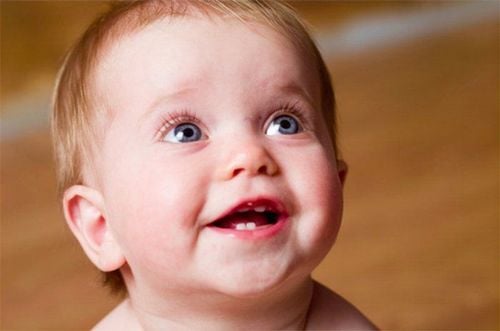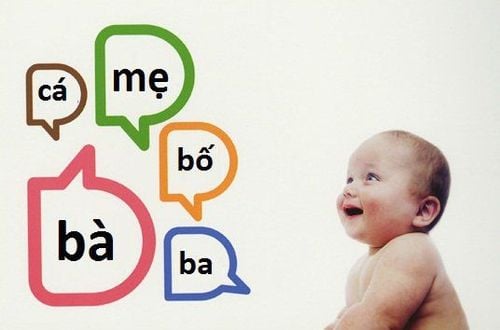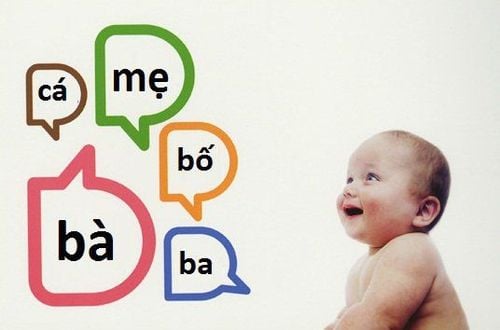This is an automatically translated article.
The article was professionally consulted with Doctor Ho Thi Hong Tho - Neonatologist - Pediatrics - Neonatology Department - Vinmec Phu Quoc International General Hospital.Most parents eagerly await to see how their 2-year-old develops. The cognitive and physical milestones of 2-year-olds include talking to toilet training. So what exactly do 2-year-olds know?
1. Cognitive development
Speaking skills are closely related to listening and understanding speech. By listening to people around you, your child will learn how words are pronounced and how to put words into sentences. 2-year-olds talk more, from a few simple words to asking questions, giving instructions, and even telling stories they've created.In addition, 2-year-olds also know:
Point the index finger to an object or image when mentioned by others; Understand the names of objects, body parts, and a few acquaintances; Use sentences with 2-4 words. The vocabulary of a 2-year-old child who can speak increases from 50 words to about 300 words. Your child will string nouns and verbs together to make simple but complete sentences, such as “It's time to eat.” Your baby is also starting to get used to pronouns, such as "child", "mom", and "she".
Because of a larger vocabulary, your child will also begin to experiment with different expressions. Your baby can scream when he wants to speak normally and whisper when answering a question, gradually finding the right volume.
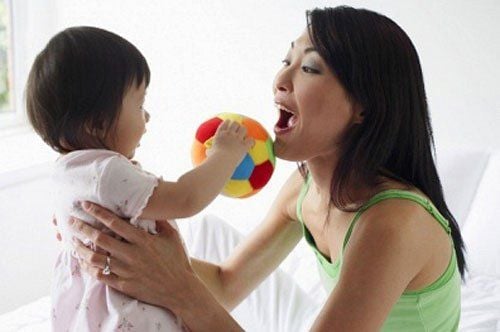
Vốn từ vựng của trẻ 2 tuổi biết nói tăng từ 50 từ lên khoảng 300 từ
Your child avoids eye contact; Difficulty naming most common household objects; Haven't started using phrases of 2 - 3 words; Slurred speech, slurred speech more and more, to the point of stiffening the jaw or grimacing to speak; Rarely tries to speak or imitate others; Doesn't react, doesn't know what to call if out of sight; Seems to be completely uninterested in talking.
2. Social and emotional development
2-year-olds begin to realize that they are their own independent people, with their own bodies, thoughts, and emotions. As a result, I increasingly want to do things my way, specifically:Express the desire for independence in different ways. For example, insisting on wearing your favorite purple pajamas 5 nights in a row or eating only certain foods for days; Climb up on the chair yourself even though you can't climb down. This is normal behavior and can escalate when a child craves attention. Begins to exhibit self-exploratory behavior. Example of coloring on the wall even though mom forbade it. “I can do it myself / Let me do it myself” is probably the most common refrain that 2-year-olds can say.
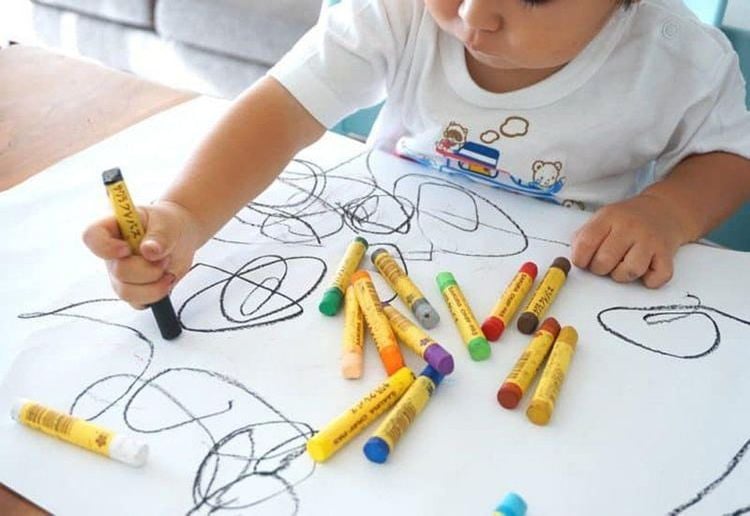
Trẻ 2 tuổi bắt đầu muốn làm mọi thứ theo cách của mình
As a parent, try to encourage this growing independence of your child, let her put in a little effort and figure things out on her own. Don't rush to help if your child is having trouble doing something. Instead, reassure your child and urge him to try again. Only partially help when the child asks, asks for help.
3. Physical development
At this "do it yourself" age, your baby will gradually learn to take care of himself by:Undressing: 2-year-olds are likely to have to change clothes several times a day due to food or nail polish hand. While you may already know how to undress yourself, if your child refuses to change clothes when you ask her to, you don't need to force her. Cover your mouth when you sneeze: Your child can start to follow some basic rules of hygiene. Remind your child to sneeze into their elbow or tissue, not their hands or into the air. Feed yourself and get used to meal prep: Let your child help you get a plastic bowl, then pour milk from the cup into the cereal bowl.
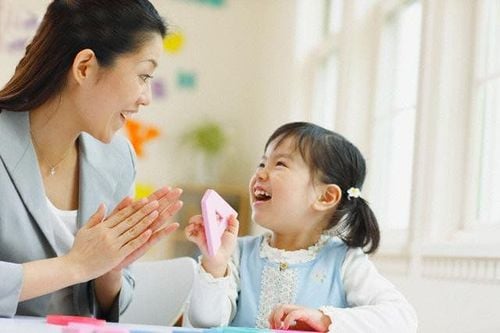
Cha mẹ nên tạo điều kiện cho trẻ học cách tự chăm sóc bản thân
Besides, parents also need to supplement their children with essential micro-minerals such as zinc, lysine, chromium, selenium, vitamin B1, ... to fully meet the nutritional needs of children. The addition of these essential vitamins also supports digestion, enhances nutrient absorption, improves anorexia, and helps children eat well. Parents can simultaneously apply dietary supplements and functional foods derived from nature for easy absorption. The most important thing is that improving your baby's symptoms often takes a long time. Combining many types of functional foods at the same time or changing many types in a short time can make the baby's digestive system unable to adapt and completely not good. Therefore, parents must be really patient with their children and regularly visit the website vimec.com to update useful baby care information.
Reference source: Babycenter.com





